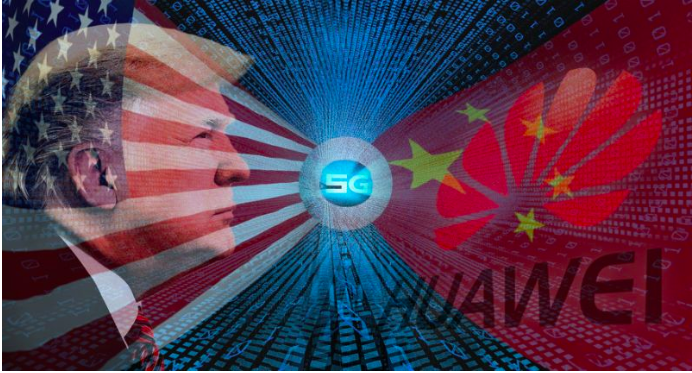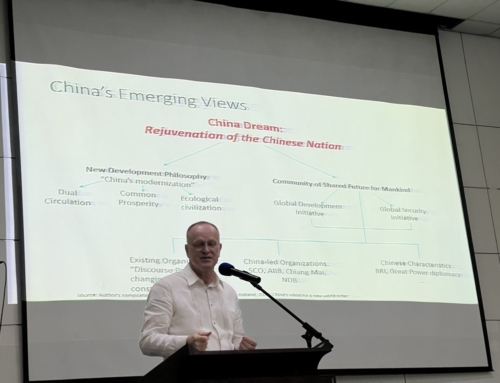Skip to content
Time to Revisit US Global Call to Ban Huawei
In a sign of a growing quandary, UK postponed the decision of whether to allow Huawei or not in its 5G mobile networks until after elections this month. London is not alone in this predicament, as countries from Asia to Europe increasingly find themselves in the crosshairs of a US-China rivalry spilling over the technology space. US warnings over the security risks posed by the Chinese telecoms giant are heard, but support is mixed. As China unveiled the world’s largest 5G network early last month, is it time to rethink the global call to ban Huawei?
The revolutionary impact of 5G to industry, defense and governance is driving companies and countries to accelerate the adoption of 5G. As many US allies and partners weigh their options, the British decision could be a turning point. A decision not to block Huawei may undermine the strength of the Five Eyes intelligence sharing community, especially after other members like Australia and New Zealand already banned Huawei from their networks. Such a decision may trigger other members to reconsider their initial stand, especially as the Chinese tech firm continues to appeal its case before them.
As a major NATO ally with which US has deep and longstanding ties, the impact of UK’s dithering will be felt beyond the Five Eyes. It may be the clincher for countries similarly situated. Earlier reports suggest that Prime Minister Boris Johnson may likely allow Huawei to participate in UK’s non-contentious networks, a view similar to the one taken by his predecessor Theresa May, which led to a cabinet crisis. UK is a bellwether of sort. London’s decision to join the Asian Infrastructure Investment Bank in 2015, for instance, green lighted the European rush to join the China-led multilateral development bank.
This said, UK’s decision, if it pushes through, will not be the first time a major European partner decided not to shut out Huawei. Last October, Germany outlined new rules for its 5G telecoms sector that leave the door open for the Chinese firm. France is also not closing doors to Huawei and appears to reflect the British decision in not allowing the embattled Chinese firm in its core network. In September, Norway, also decided not to preclude Huawei. In June, Spain became one of the first European countries to roll out commercial 5G using Huawei gear. Hence, despite recognizing the security risks, attitudes towards Huawei suggests a brewing trans-Atlantic divide.
Read more…
PACS2020-01-05T03:50:09+00:00
Share This Story, Choose Your Platform!





